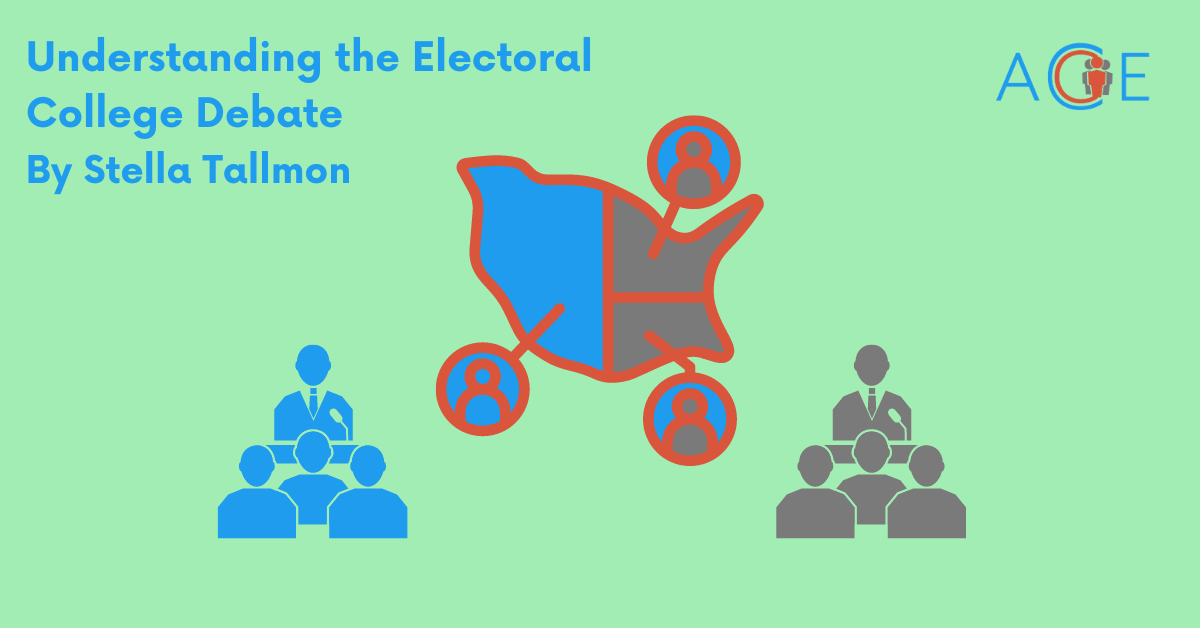The Electoral College is a deeply debated aspect of U.S. presidential elections. Is it an outdated system that unfairly benefits small states, or does it still provide balance in elections?
There isnt a debate.
One of the major parties in the USA knows that they are able to get power only because the 1929 Apportionment act artificially buouys the power of less populous states in the House and by extension the electoral college. The other one is just fine with actual proportional representation.
Not t metion that the EC doesn’t encourage presidential candidates to campaign nationwide: most states are ignored, and focus is on the minority of swing states.
(and Lincoln had a clear plurality of the popular vote. He woukd have won a national vote too.)
Arguments in Favor of the Electoral College
The Electoral College ensures that all parts of the country are represented in presidential elections, especially rural areas that might otherwise be overshadowed by cities.
This is not an argument in favor of it. It’s a flaw. Low population states should not have more of a say per voter than high population states just because they are rural. That makes no sense whatsoever. Land doesn’t vote. People do. It doesn’t matter if a voter is in a rural area or a city. Every vote should count equally.
As it stood for the 2016 election, Wyoming got three electoral votes for its ~586,107 voters while California got 55 votes for its ~39,144,818 voters. That’s 1 vote per 195,369 voters in Wyoming versus 1 voter per 711,724 voters in California. It is nonsensical that a vote in Wyoming carries 3.6 times the weight of a Californian’s vote.
In fact, the main reason for the Electoral College was slavery. It’s another holdover from a past that should have been long ago discarded.
The populations in the North and South were approximately equal, but roughly one-third of those living in the South were held in bondage. Because of its considerable, nonvoting slave population, that region would have less clout under a popular-vote system. The ultimate solution was an indirect method of choosing the president, one that could leverage the three-fifths compromise
With about 93 percent of the country’s slaves toiling in just five southern states, that region was the undoubted beneficiary of the compromise, increasing the size of the South’s congressional delegation by 42 percent.https://www.theatlantic.com/ideas/archive/2019/11/electoral-college-racist-origins/601918/ (or https://archive.is/YnSkW )
The news source of this post could not be identified. Please check the source yourself. Media Bias Fact Check | bot support


